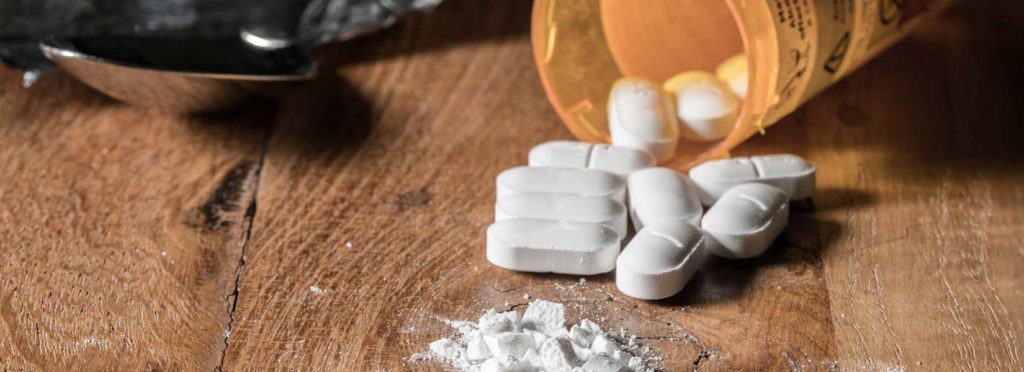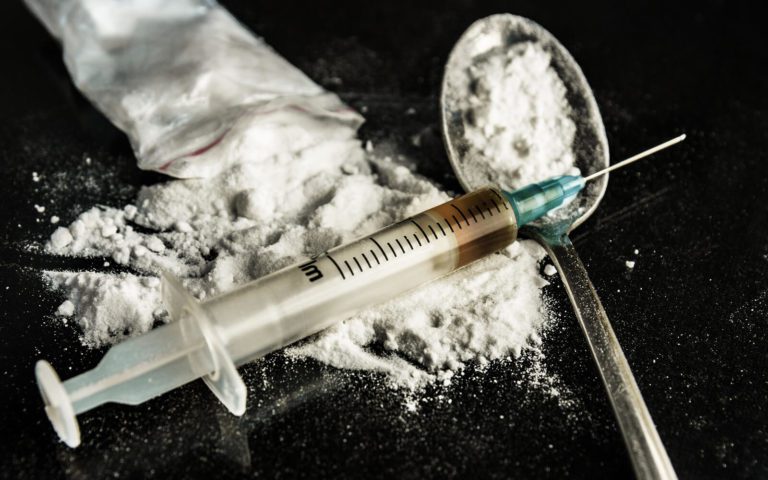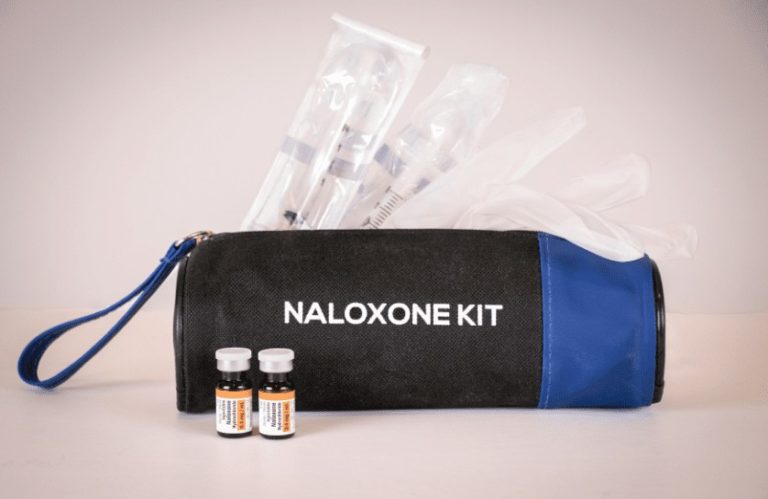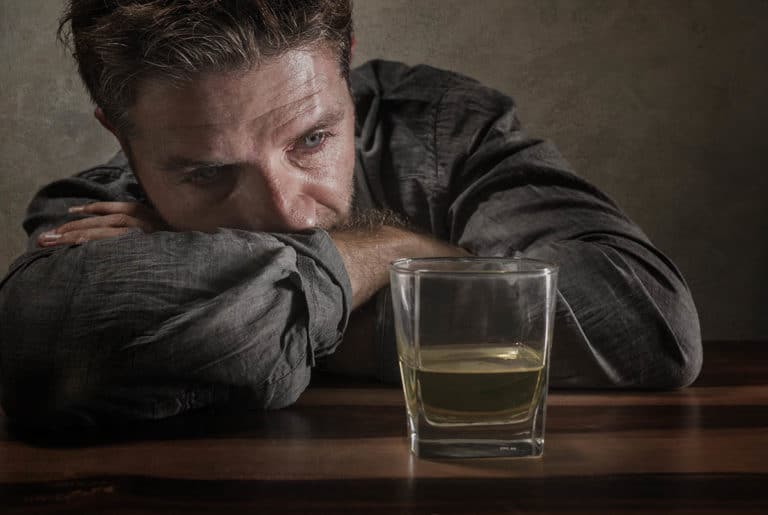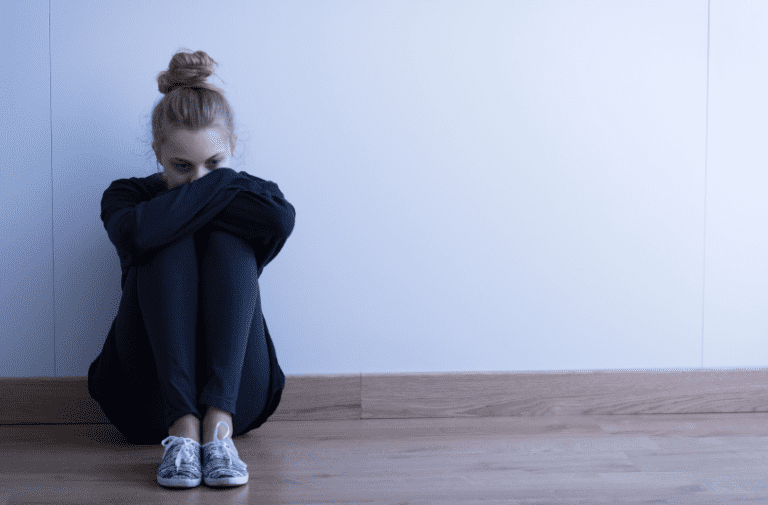Sadly, addictions are often misunderstood. Many believe that a person can be cured of their alcohol or opioid addiction by checking into a rehab for a short period of time. However, this is simply untrue; there is no cure to any kind of addiction. Maintaining one’s sobriety and preventing relapse requires constant effort and determination. However, there are a number of strategies that can make preventing a relapse, such as an opioid relapse, more manageable.
The Dangers and Effects of Opioids
Opioids are just one of many addictive drugs available in countries around the world, including the United States. However, opioids are complex drugs in a variety of forms. All opioids will consist of some version of opium. Though it was originally found in certain poppy plants, it can be created in a lab as well. Opium is widely recognized in medicine as well as the drug trade for its incredible pain-relieving abilities.
However, because opioids are so capable of relieving pain, they are also highly addictive. The pain relief, as well as the euphoria, opioids often provide their users can create an unhealthy desire to consume large or consistent quantities of the drug. In doing so, constant opioid use can modify the brain’s structure, damaging its reward system. Once this is done, a person has essentially been rewired for further addictive behavior, making them more likely to seek quick, usually unhealthy pleasures.
What is a Relapse?
Opioid addiction can be difficult to overcome, but it is possible through the use of addiction treatment and therapy with the help of professionals and specialists at a rehabilitation facility. However, addiction treatment and therapy are not comprehensive solutions. An individual with an addiction to substances like opioids will continue to live with that addiction – even after becoming sober. If an individual returns to using opioids after becoming sober, that individual has relapsed.
What is Relapse Prevention?
Professional addiction treatment and therapy can be life-changing. It can help a person become sober and learn strategies to maintain their sobriety. However, because an addiction restructures certain areas of the brain, addiction cannot be entirely eradicated. This is the reason those who intend to become sober, are newly sober, or are about to leave a rehab must learn about relapse prevention. By adopting relapse prevention strategies, those living with opioid addiction are more likely to maintain their sobriety.
How to Prevent an Opioid Relapse
Although maintaining one’s sobriety can be difficult, there are several proven and effective ways to prevent an opioid relapse. These include:
Leaning on a Support System
Addiction should never be fought alone. The most successful recoveries often come with the support of loved ones. Leaning on a support system can be exactly what an individual with an opioid addiction needs to maintain their sobriety. Members of this system should include friends, family, sponsors, and counselors or therapists.
Utilizing Addiction Counseling
Another effective way to prevent an opioid relapse is through the use of addiction counseling. Addiction counseling helps significantly in early treatment but can also assist those outside of the treatment setting. Continuing to use addiction counseling can provide support, new insights into one’s addiction and mental health, and allow one to learn about new coping strategies.
Finding and Practicing Coping Strategies
One of the most important things an individual with opioid addiction can do is find and practice coping strategies. Not all coping strategies will work for all people, so it is important to find and practice what works best for each person. By discovering which strategies are most effective, an individual with opioid addiction is more likely to maintain their sobriety.
Seeking Aftercare Services
Professional addiction treatment and therapy is undeniably the best way to overcome an addiction. It is also the best way to maintain sobriety and prevent a relapse. Many rehabs will offer aftercare services to help individuals who have left treatment but still desire support. These services typically consist of meetings, group therapy sessions, individual therapy sessions, and more. Using them can greatly improve the likelihood a person remains sober.
Prevent an Opioid Relapse with Knoxville Recovery Center
Preventing an opioid relapse can be difficult. If you or a loved one is living with an opioid addiction, our team at Knoxville Recovery Center is here to help! Our addiction specialists offer a variety of addiction treatments and therapies as well as aftercare services in order to help people become sober and stay sober. Contact us today for more information!



